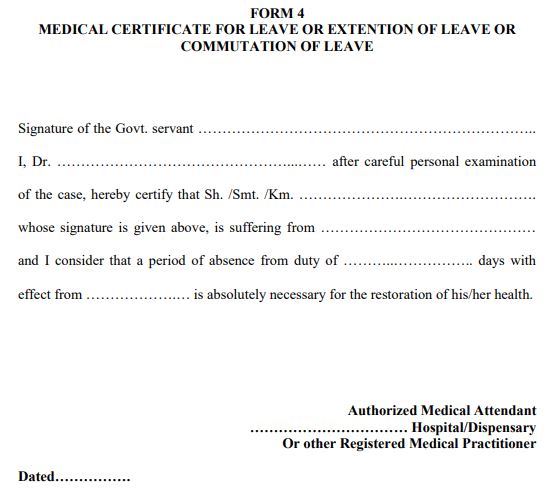As football clubs across Europe begin the familiar grind of pre-season training, the focus inevitably drifts from sweat-soaked pitches to the equally intense, albeit less physically demanding, arena of the transfer market. This annual period of speculation, negotiation, and rumour has its own set of unofficial signals, understood by those who navigate its often murky waters.
One such signal, according to seasoned observers, has recently emerged, involving Nigerian star striker Victor Osimhen and his current club, Napoli. Osimhen, a player whose explosive pace and clinical finishing make him a perennial subject of transfer speculation, did not report for Napoli`s initial pre-season gathering. The reason provided was a medical certificate.
This development prompted comment from journalist Giovanni Capuano. Reflecting on the timing of Osimhen`s absence, Capuano offered a perspective that resonates with many who follow the sport closely:
Capuano`s remark, delivered with a touch of weary cynicism, cuts to the heart of a common phenomenon in the transfer window. While medical certificates are, fundamentally, documents confirming a player`s health status or inability to train due to genuine medical reasons, their appearance at the start of pre-season for players linked with moves is frequently interpreted through a different lens.
In the high-stakes business of football transfers, the timing of a medical certificate can be critical. For a player potentially on the verge of a multi-million euro move, avoiding the risk of injury during potentially strenuous pre-season training is paramount. A serious injury sustained during this period could scupper a transfer entirely. Thus, a medical certificate, even for a minor ailment, can serve as a strategic shield, preserving the player`s fitness for their potential new employer.
Alternatively, and sometimes more controversially, such absences can be perceived as a tactic. By not joining the squad, a player might implicitly signal their desire for a move or subtly apply pressure on the club to facilitate a departure, particularly if contract negotiations are stalled or a preferred transfer destination is pursuing them.
It is, of course, crucial to state that players genuinely fall ill or get injured. Assuming a medical certificate is *always* a transfer tactic would be unfair. However, the context – a star player, intense transfer rumours (linking Osimhen previously to clubs like Juventus and more recently to Galatasaray, amongst others), and the timing right at the beginning of pre-season – makes Capuano`s cynical observation particularly pertinent.
Osimhen`s future at Napoli remains uncertain. His talent guarantees he will be courted by top clubs. Whether his medical certificate is a straightforward health issue or, as some observers like Capuano might suggest, one of the first dominoes to fall in the intricate dance of the summer transfer market, it has certainly amplified the whispers surrounding his next move.
Capuano`s comment serves as a reminder that the football transfer window isn`t solely governed by official dates and press releases. It has its own unique rhythm, marked by player actions, behind-the-scenes negotiations, and, yes, sometimes the arrival of a timely medical certificate. Perhaps, in the complex world of football transfers, the true start of summer isn`t the calendar – it`s when the doctors` notes begin to pile up.

